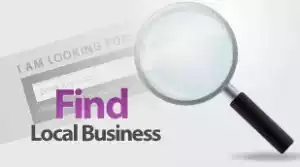
Finding a Publisher Near Me
Publishing companies are easy to find because people are able to search using the internet. You may be asking yourself, how do I find a
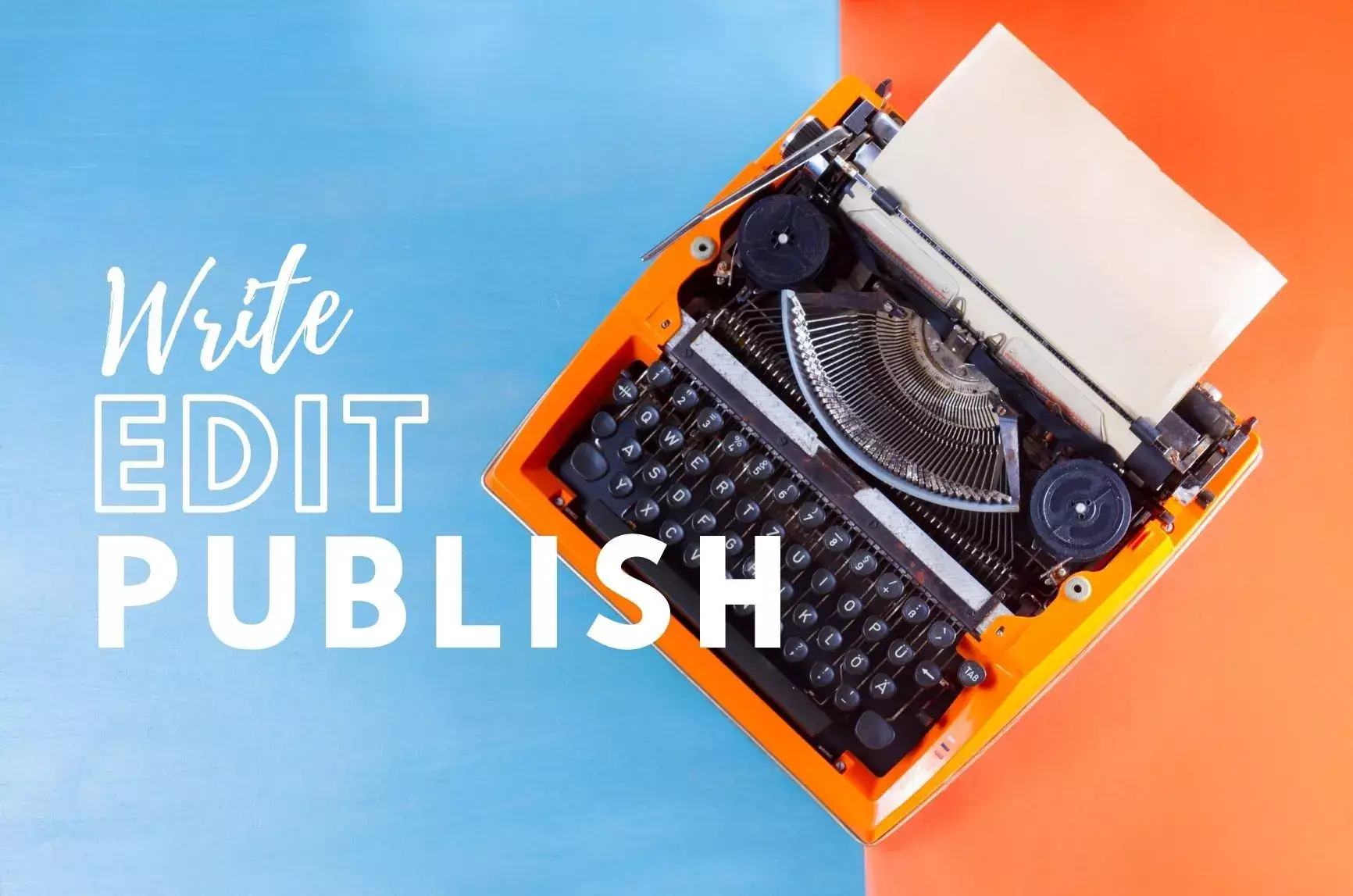
Every author needs to self-edit. Regardless of the writing, self-editing allows you to become your first critic and reader.
The process includes elements of proof-reading for typos, errors, or inaccuracies. These mistakes can be spotted and fixed as you read through your work. But self-editing allows you also to ask crucial and difficult questions:
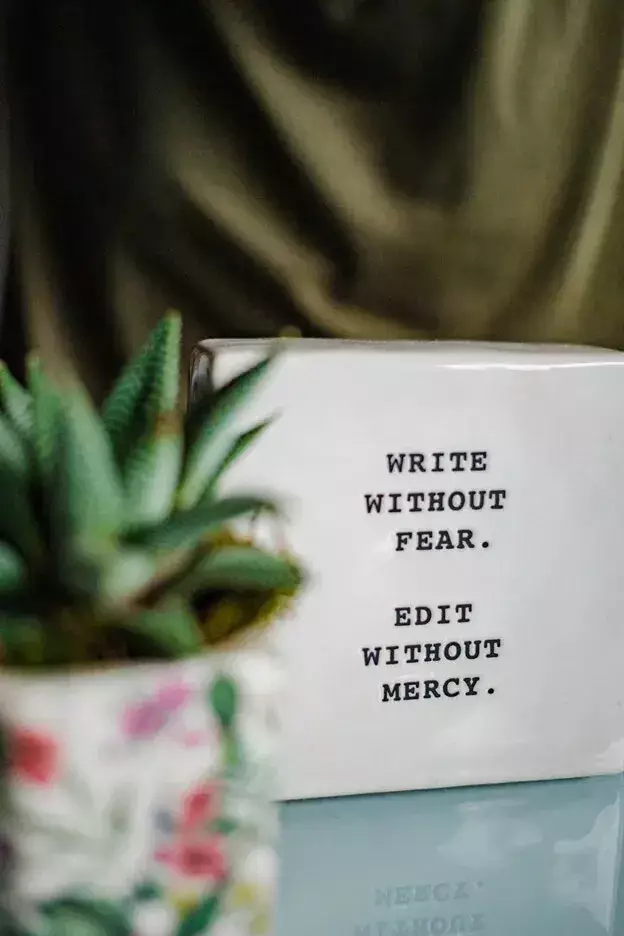
Printing out your first draft for self-editing can lead to difficulties. First of all, you are likely to waste a tonne of paper and ink in the process. Secondly, marking errors on paper can cost you a lot of time as you have to search through the computerised document to correct, amend, and edit accordingly. Ultimately, you’ll be saving yourself a lot of hassles by editing directly on the screen. At this stage, editing is a process that is highly likely to lead to eye strain. You want to protect your eyes when staring at a screen for extended hours. Adequate lighting, both in the room and on the screen, can avoid fatigue. Additionally, it’s worth investing in a pair of screen glasses to make extended self-editing sessions more comfortable. You can easily order eyewear for computer vision from trusted specialists, such as Eyeglasses.com. If you already need corrective glasses, it’s a good idea to consider screen-friendly enhancement on your lenses.
It can be hard to show your work before you’ve removed the most obvious mistakes. Ideally, you want to proceed to self-editing in numerous steps, starting by correcting errors and typos by yourself. Once you are satisfied that the text is in its best format, you can share with friends and relatives for first opinions and a second pair of proof-reading eyes. Typically, those are readers you can trust. Most will be supportive and positive. Unfortunately, the people who love you are less likely to give you constructive criticism. That’s why a lot of aspiring writers find themselves creating a blog where they can share extracts of their work. While it is a good idea to collect thoughts and first impressions from your readers, you can also face intentionally harmful criticism. Spiteful comments are hurtful. But, they do not provide any clues for improvement. Additionally, it’s worth remembering that most of these comments are best ignored. Professional editors can offer criticism that is designed to enhance your work.
Self-editing happens when your first draft is finished. The first draft is the beginning of your manuscript. It is not, by all means, the final product. Instead, it’s the platform that allows you to shape your ideas and explore your thoughts. Therefore, it isn’t designed to be perfect, and it shouldn’t be written with perfectionism in mind. Write your first draft to enhance your understanding of your goals and style. Only then can you edit to turn the first draft into a manuscript.
Every writer needs to self-edit. However, self-editing can be a daunting process that requires high attention to details. A professional second opinion can nudge you in the right direction if you require guidance. Yet, it isn’t uncommon to fall in the traps of perfectionism, whether you take every negative opinion to heart or find it hard to let yourself write an unperfect draft. Let go of obstacles to focus on how your story should feel.

Publishing companies are easy to find because people are able to search using the internet. You may be asking yourself, how do I find a
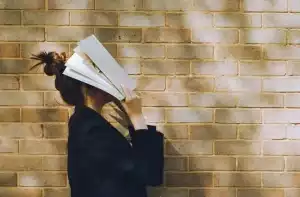
Our publishing coordinator Valkyrie (Sarah Kate Hill) has written a blog about her top 8 tips on how to self-edit your writing. The aim of
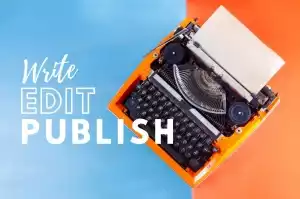
Every author needs to self-edit. Regardless of the writing, self-editing allows you to become your first critic and reader. The process includes elements of proof-reading
Clark & Mackay © 2024. All Rights Reserved. Powered by B2B Websites.